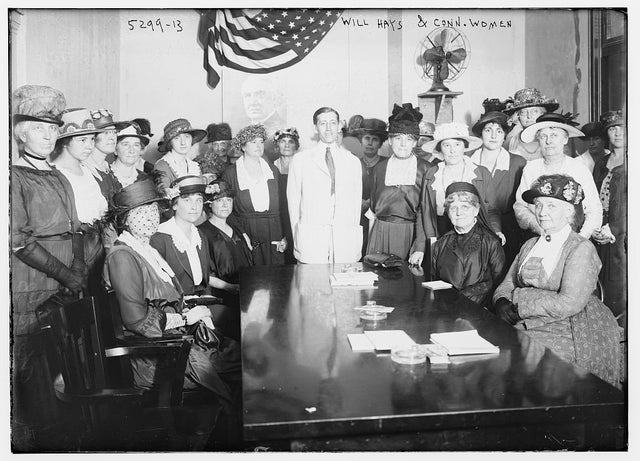Some 35 years ago ASCS advertised 2-year positions in DC called "SCOAPers". IIRC the acronym stood for "state and county office automation project". Leroy Mitchell was, I think the Kansas City Management Office person who pushed it. He was recognizing that the job of converting our manual and batch processing operations in the field to applications running on our new IBM System/36s couldn't be handled by the personnel on hand in DC. He had also been very impressed by the program assistants KCMO had worked with in the guinea pig counties (first one county--IIRC Osage Kansas, and then a group of 6 or so counties.
The DC office had big problems in hiring field people the way we had done in the past--i.e., hiring county executive directors for permanent positions. Typically they'd get a grade increase to GS-11 or 12, with the possibility of getting to GS-13. In the old days that may have been a good enough carrot for an ambitious type, but as DC area housing prices soared in the 70's and early 80's due to inflation and a housing boom, it just didn't work.
Another problem, which I don't think most of us realized, was CED's could be at a loss in trying to handle automation. A lot, most IMHO, were used to being the public face of the county office, relying on their clerks/program assistants to handle the nuts and bolts, the paperwork.
So the bosses worked out a deal with the Civil Service Commission and USDA's Office of Personnel to offer 2-year positions to program assistants and CED's to work on the automation from the DC side. The key to the deal was that they would technically still be county employees, not federal, so they didn't count against federal personnel ceilings.
The program turned out to be key in changing the ASCS DC workforce from almost male-only. In the end many of the SCOAPers stayed in DC, converting to GS status and advancing up the ladder to management. There was another batch in 1987-8.
It sounds to me as if FSA is taking a similar approach to staff the farmers.gov initiative, as outlined in this notice. Good luck to them.
I note some differences: it's a 2-year minimum with possible extensions up to 5 year max. And there's the possibility of relocation allowances. Despite the innovation of locality differences in pay, I suspect the problem of attracting field employees to DC remains, possibly not improving any since 1997. I also suspect management has underestimated the problems of implementing the farmers.gov.
